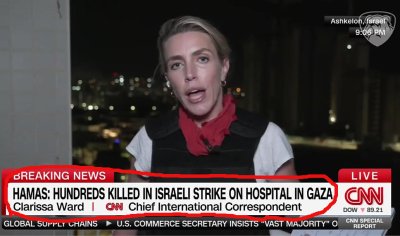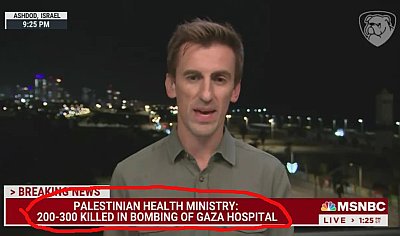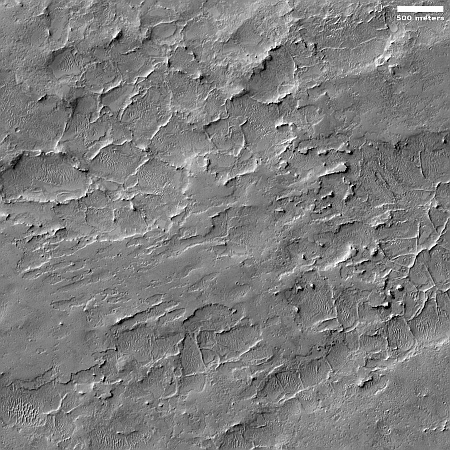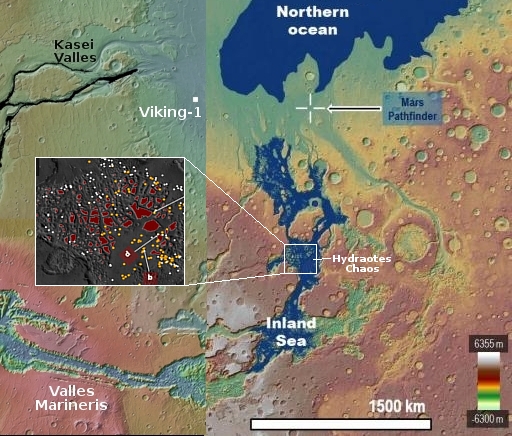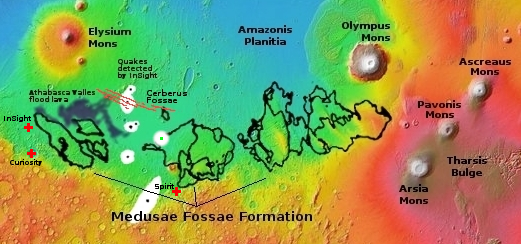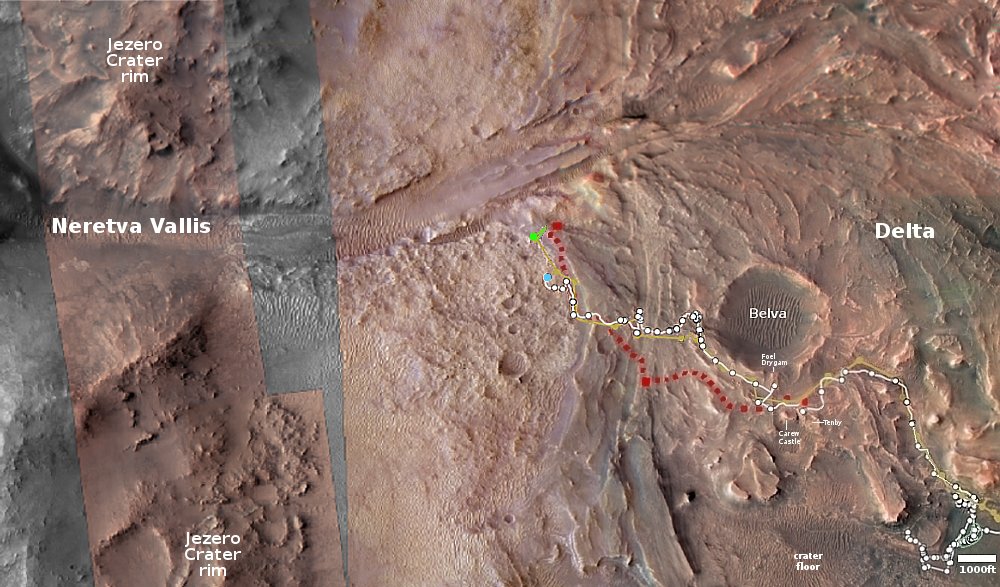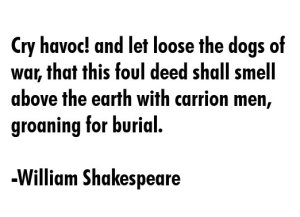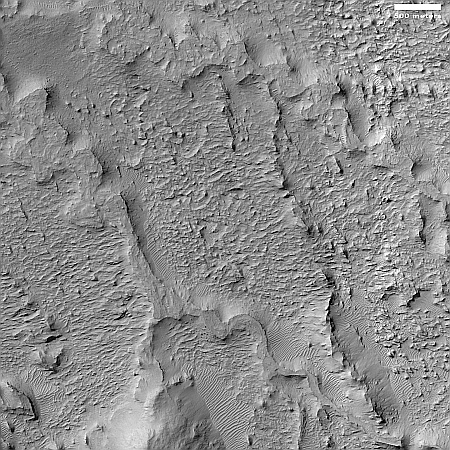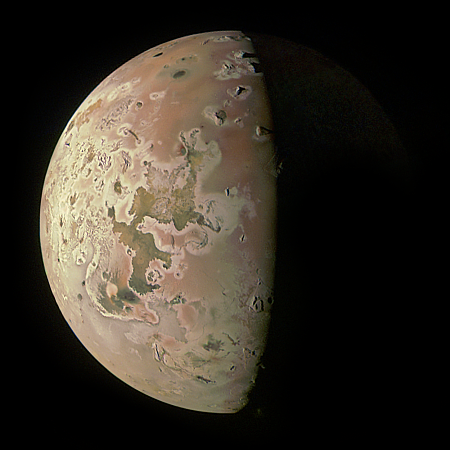Japan awards Ispace $80 million to develop larger lunar lander
The Japanese government, not its space agency JAXA, today announced it has awarded the commercial company Ispace an $80 million grant to develop a larger lunar lander, following its failed attempt earlier this year to land its first Hakuto-R1 lander on the Moon.
Japan will provide a subsidy of up to 12 billion yen ($80 million) to moon exploration startup ispace (9348.T) as part of a grant programme for innovative ventures, industry minister Yasutoshi Nishimura said on Friday.
The new lander is targeting a 2027 launch, and according to the company’s own statement [pdf] will replace the Hakuto-R lander being used on its first two lunar missions, as well as the Apex lander the American division of Ispace is now building for NASA. It also appears that the contract is fixed price, and will only be paid out when the company achieves actual milestones of development.
In other words, the Japanese government is doing what NASA is now doing, moving away from a government model, where its space agency JAXA builds and controls everything, to a capitalism model, where it buys what it needs from the private sector. That JAXA did not issue this award demonstrates this transition, in that until now all such space contracts were through that agency solely.
The Japanese government, not its space agency JAXA, today announced it has awarded the commercial company Ispace an $80 million grant to develop a larger lunar lander, following its failed attempt earlier this year to land its first Hakuto-R1 lander on the Moon.
Japan will provide a subsidy of up to 12 billion yen ($80 million) to moon exploration startup ispace (9348.T) as part of a grant programme for innovative ventures, industry minister Yasutoshi Nishimura said on Friday.
The new lander is targeting a 2027 launch, and according to the company’s own statement [pdf] will replace the Hakuto-R lander being used on its first two lunar missions, as well as the Apex lander the American division of Ispace is now building for NASA. It also appears that the contract is fixed price, and will only be paid out when the company achieves actual milestones of development.
In other words, the Japanese government is doing what NASA is now doing, moving away from a government model, where its space agency JAXA builds and controls everything, to a capitalism model, where it buys what it needs from the private sector. That JAXA did not issue this award demonstrates this transition, in that until now all such space contracts were through that agency solely.




